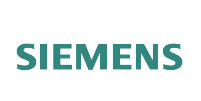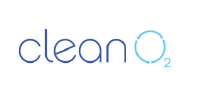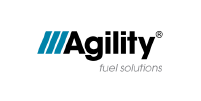Natural Gas Futures
After six years of meaningful collaborative research and technology development, the Natural Gas Futures consortium will wind down operations in 2024 upon the completion of three final projects. We would like to thank all of our Consortium Members and Contributing Partners for their investments and knowledge sharing in shaping impactful opportunities for research and innovation, and special thanks to the leadership from FortisBC in co-chairing this consortium in partnership with UBC.
Natural Gas Futures is an industry-led applied research and education initiative to provide reliable, evidence-based recommendations and technology solutions for the safe and environmentally responsible use of natural gas.
- Bridging the gaps between academia, industry, government and the general public
- Accessing an interdisciplinary team of researchers, engineers and scientists
- Pooling funding from industry partners with government matching grants
- Training future employees and building workforce capacity

Our Vision
- Increase production and utilization of gas from renewable sources
- Reduce methane emissions through the natural gas supply chain
- Develop data-driven initiatives for responsible deployment of natural gas
- Educate the wider community on natural gas
- Train highly qualified personnel to support the future workforce demand
- Improve safety and business case for the use of natural gas fuel
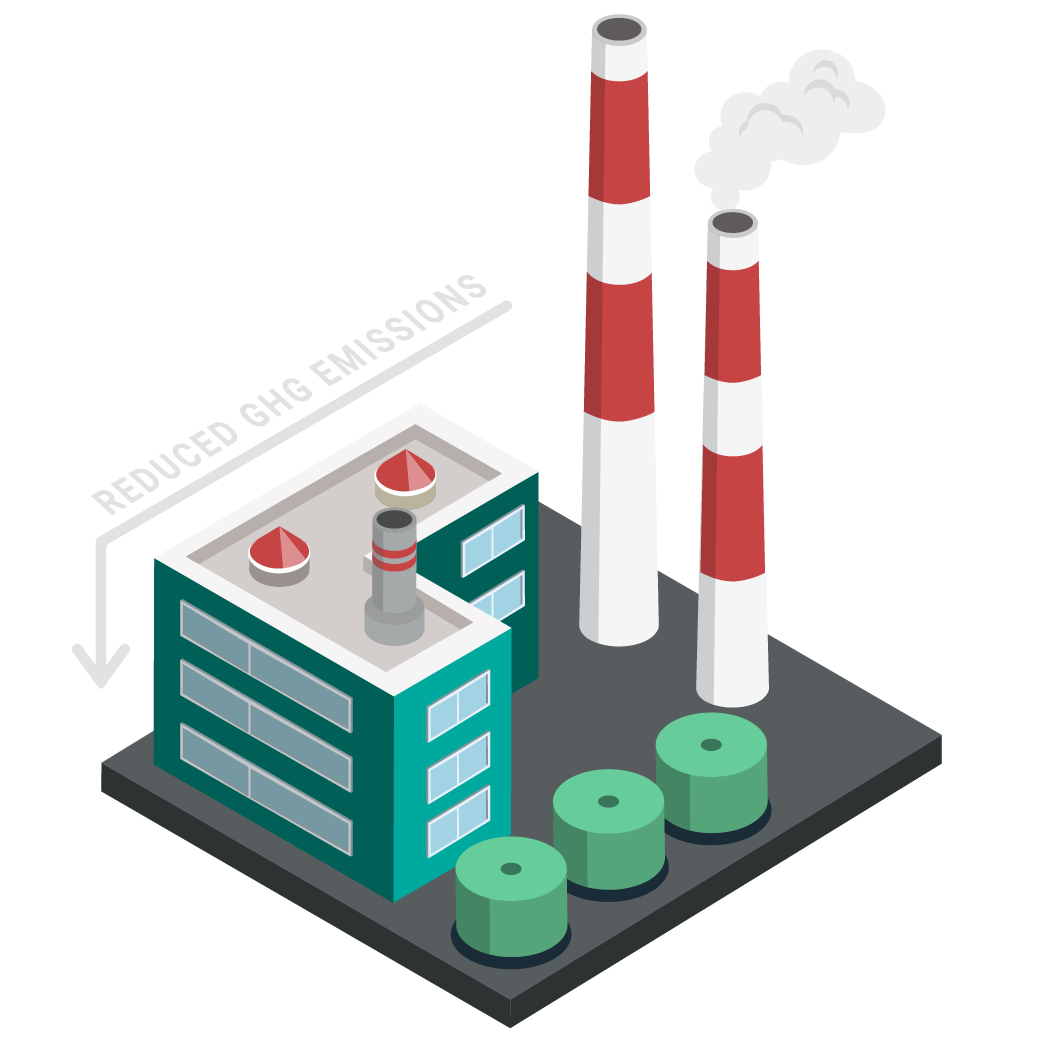
Production
Production systems must minimize emissions while preserving the attractive economics of gaseous fuel. We are developing technologies to increase the penetration of renewables in gas supplies, and to track emissions with distributed sensors.
Distribution
Transportation systems must be economical across many scales. We are developing novel liquefaction technologies and infrastructure models for optimized supply chains.
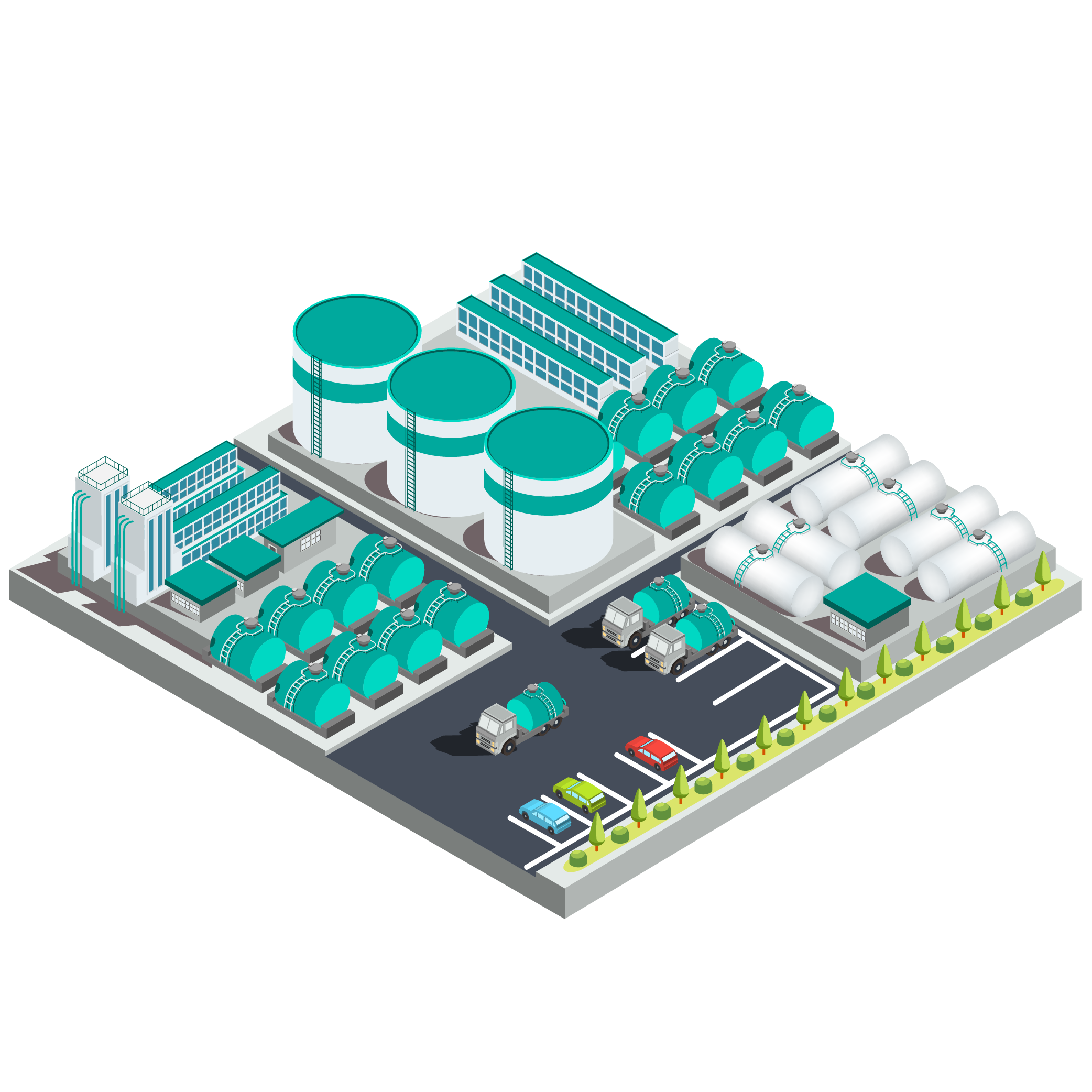

Distribution
Transportation systems must be economical across many scales. We are developing novel liquefaction technologies and infrastructure models for optimized supply chains.
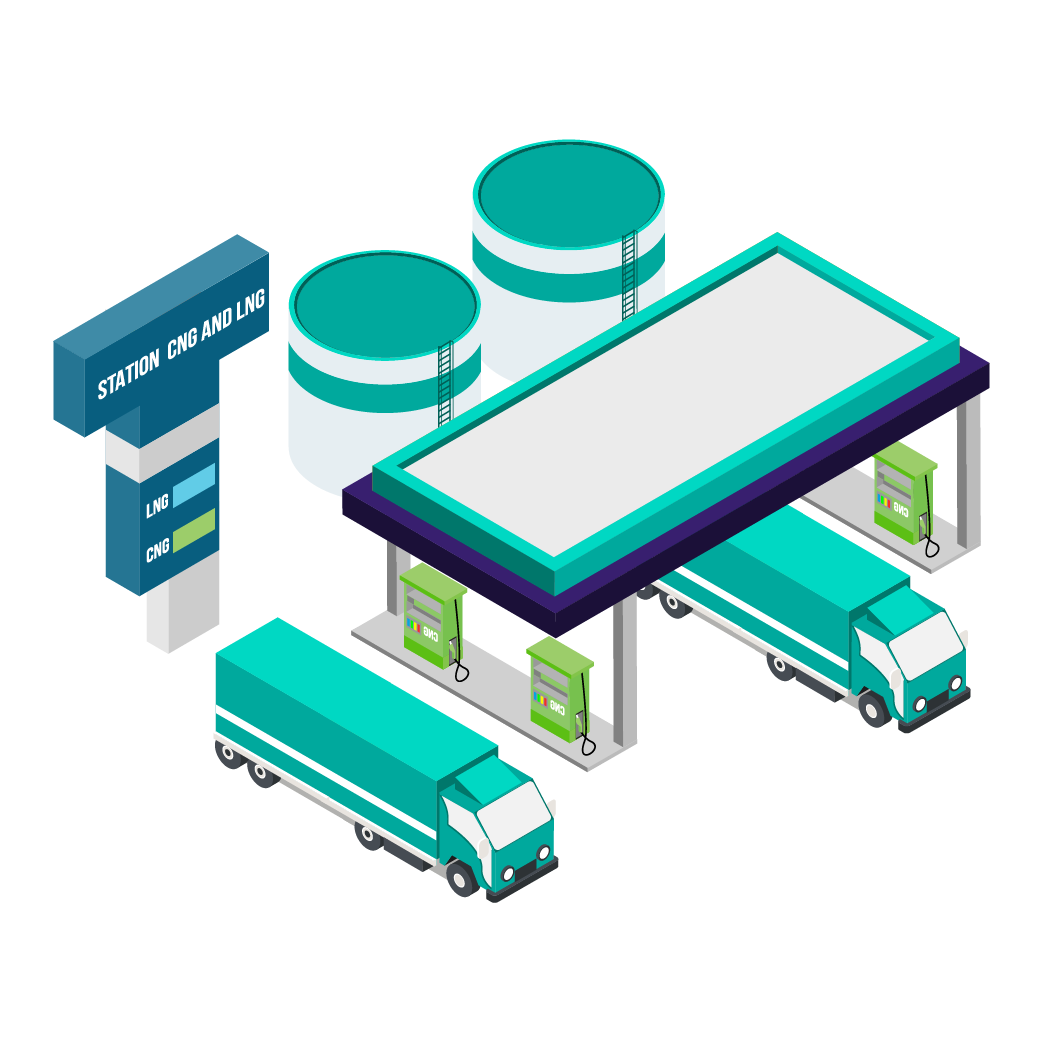
Storage & Refueling
Storage and refueling systems are the source of significant cost, complexity and emissions. We are developing models, simulations, and experimental platforms on liquefied natural gas (LNG) state during storage, transfer, distribution, spills, and leaks.
End Use
Conversion of natural gas into useful energy must be efficient with minimized emissions. We are developing the next-generation engine and combustion systems for blended dual fuel combustion, dedicated natural gas engines and emissions catalysis.
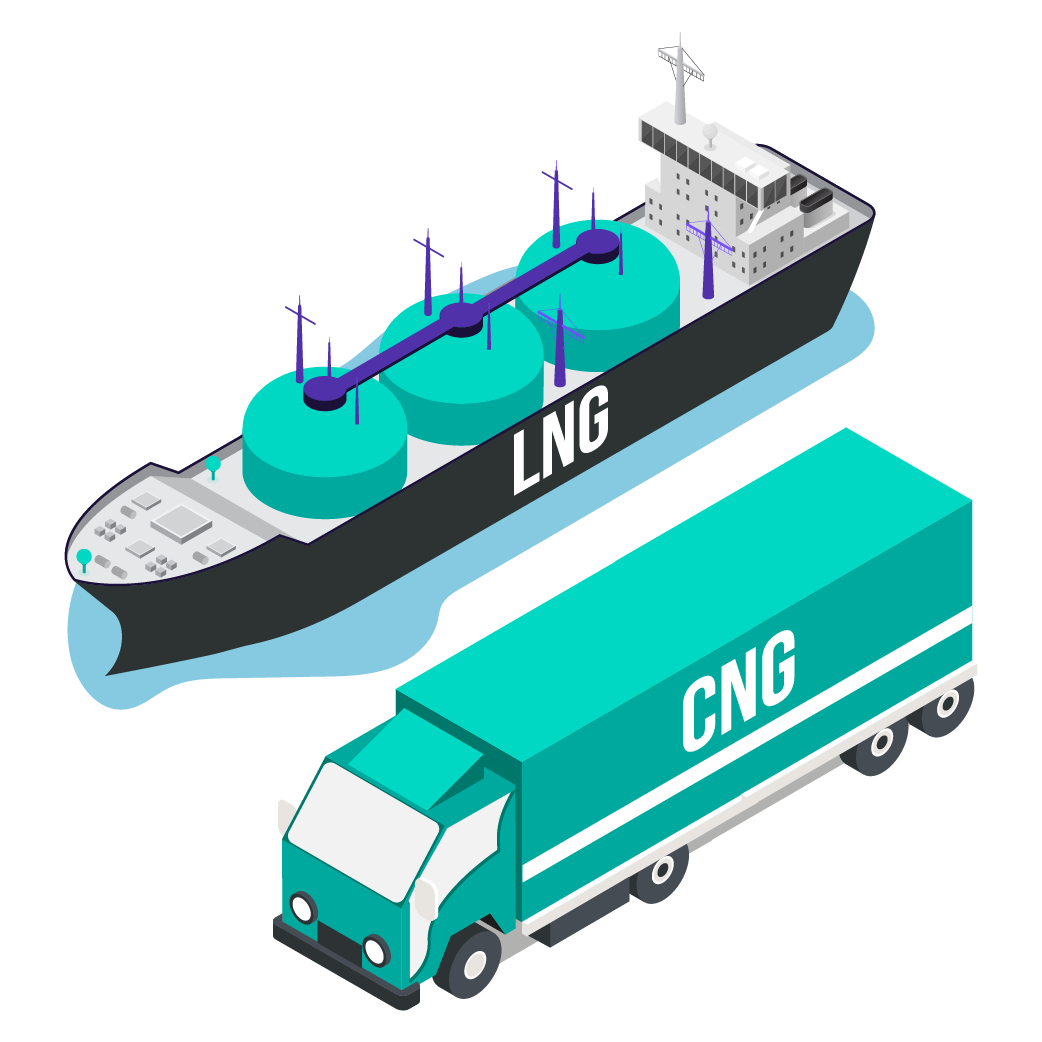

End Use
Conversion of natural gas into useful energy must be efficient with minimized emissions. We are developing the next-generation engine and combustion systems for blended dual fuel combustion, dedicated natural gas engines and emissions catalysis.

Policy & Decision Support
Underpinning any responsible alternative fuel adoption is the complete life-cycle assessment of its impact, including greenhouse gas emissions. Our research focuses on economic and emissions modelling of distribution options with complete business case assessment, and decision analysis.
Join Our Team
Unique Opportunity at the University of British Columbia

Location
A global platform for renewable energy innovation, a producer of natural gas with low-carbon electricity
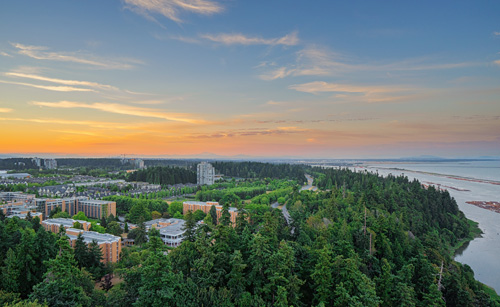
Commitment
Ranked first in the world for university climate action
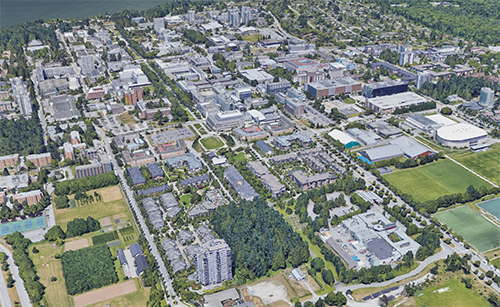
Campus as a living Laboratory
City-scale testbed for innovative technologies and energy systems
Why Collaborate with Natural Gas Futures
Natural Gas Futures actively collaborates with a wide range of partners and is eager to develop new partnerships that will facilitate the environmental and economical use of natural gas fuel. We are committed to providing viable technologies and solutions in the context of our partners needs and constraints.










